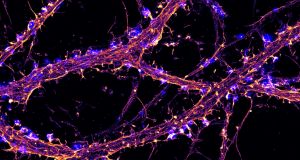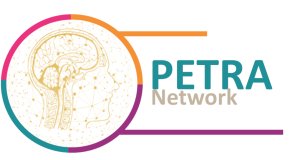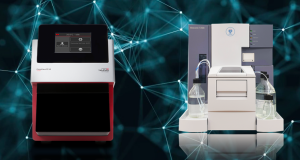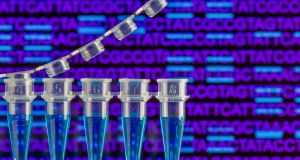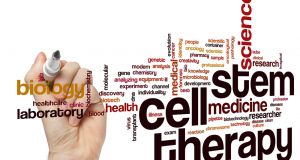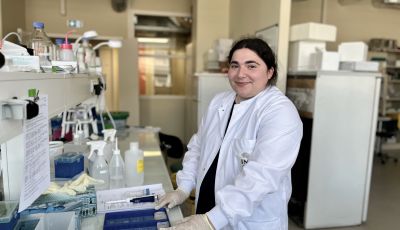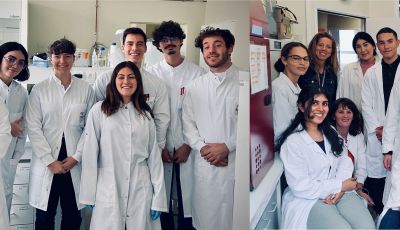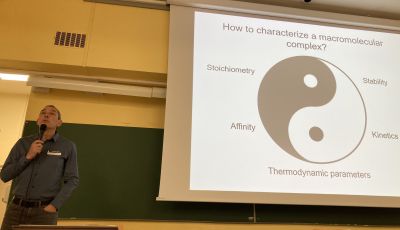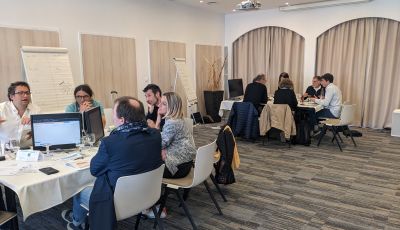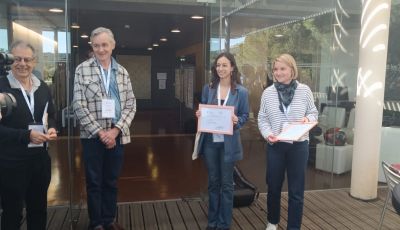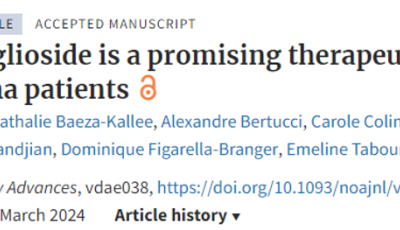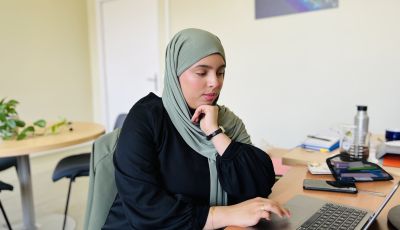Nicolas SERGEANT is an Inserm Research Director who, from the natural history of Alzheimer’s disease (AD), the development of cell drug-screening models against AD and Tauopathies, and also thanks to a long-term collaboration with the organic chemistry laboratory of Pr. Patricia Melnyk has co-developed small anti-Alzheimer’s drugs that mitigate the pathophysiology of Alzheimer’s disease. One of these is currently in clinical phase II by a PharmD Company. He is also delighted to identify and validate biomarkers to assess neurodegenerative processes in neurological disorders and develop gene therapy using a molecular decoy strategy.

Seminar title: Bio-orthogonal chemistry as a tool for biological target identification and deciphering the mechanism of action of small anti-Alzheimer drug candidates
Abstract:
Our research has the potential to significantly impact the development of Alzheimer’s disease (AD) modifying drugs. Targeting amyloid deposition and neurofibrillary degeneration, along with neuroinflammation, is a challenging pharmacological strategy. We have synthesized five families of drugs, originally derived from chloroquine or amodiaquine and computer-assisted pharmacophore design, to achieve this goal (Sergeant et al., 2019; Tautou et al., 2021). Among these, novel polyaminobiaryl compounds, including PEL24-199, were produced and shown to repress amyloid production in vitro. In vivo, this water-soluble drug led to the recovery of short and long-term memory in transgenic animal models of both pathological processes of AD. This recovery was associated with a reduced Tau and amyloid pathology and the reduction of astrogliosis and neuroinflammation in both models. The drugs’ target is unknown, and based on the pharmacophore chemical structure, bioorthogonal chemistry was used to covalently couple the drug to the biological target and click-chemistry to isolate, purify, and identify the target of our drugs. This strategy thus enables, based on a phenotyping hit-screening, the identification of potent novel drug-directed development of anti-Alzheimer disease strategies, offering hope for the future of AD treatment.















